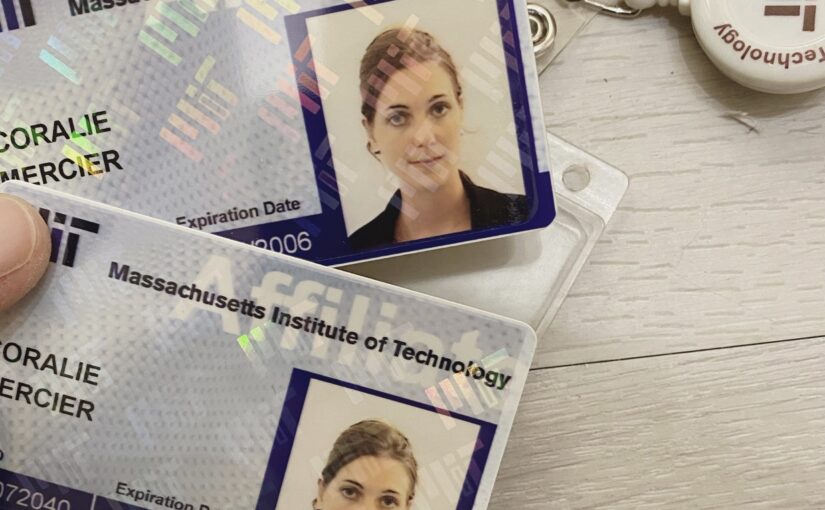I realized this week that I seem to have a lot more interest in architecting than in execution.
I also remembered that we become different persons based on what happens to us or the choices we have, even based on how good or bad we feel. Change may occur gradually after a long time or repeatedly on a much smaller scale. I just know it happens, to all of us, and that it is more or less perceptible (to us, to others). We are not exactly who and how we were at some point, and it makes it challenging to plan or to predict reactions (ours, other’s), but after all, isn’t it a more interesting this way?
Although I feel exactly the same, I am no longer the same person I was the last time I asked myself what I liked doing. So when I didn’t understand why I wasn’t approaching anymore things the way I used to, why some things had become unattractive to me, I got more and more worried and blamed it on not having enough time, not prioritizing the right way, or being unqualified.
Then a few things happened.
First, I had a great time when I focused on building a list and qualifying why its elements mattered individually and made sense as a whole, but it was not that pleasant a few days after to sit (thankfully for a short time) with a group that was fleshing out and categorizing the list. Worse, the only part I enjoyed was observing the deftness of the meeting convener at turning input that was sometimes diverging into something concrete. I wondered what was wrong with me to even feel the way I did (frustrated at times of some people’s carelessness, bored at other times by the pointlessness of some of the input, awed by the patience of the Chair, and puzzled that others seemed to be having such a great time.)
Second, I set aside some time to make a dent in a part of my TODO that I have kept bumping down for over a month, only to witness myself not being able to make anything of everything about it that was in my brain. If only there was a button I could press to process everything. I was unable to make myself go through the exercise and it was a source of much disappointment and of course worry. Where did my abilities go? Why the block? Welp.
Today it seems I prefer to conceive and design future implementations than to put things together and execute. From the event celebrating 30th anniversary of W3C last year to the various projects and conversations I am involved in this year, it’s clear that I choose to set the tone and direction, impress key principles, assign certain people, make specific connections, monitor promising angles, and track that the course is as plotted.
I have a keen notion of where I want to lead my small team and how to best use our collective skills and inclinations. Therefore I became more assertive over the years, the more it looked like we were doing OK, then doing alright. There is positive reinforcement in approaching things cautiously and in a way to be able to adapt nimbly. Tomorrow is exactly the 10th anniversary of my appointment as head of the W3C marketing and communications team. What changed though is that in some cases I discover I have a really hard time executing, to the extent that I am unable to remember how to.



